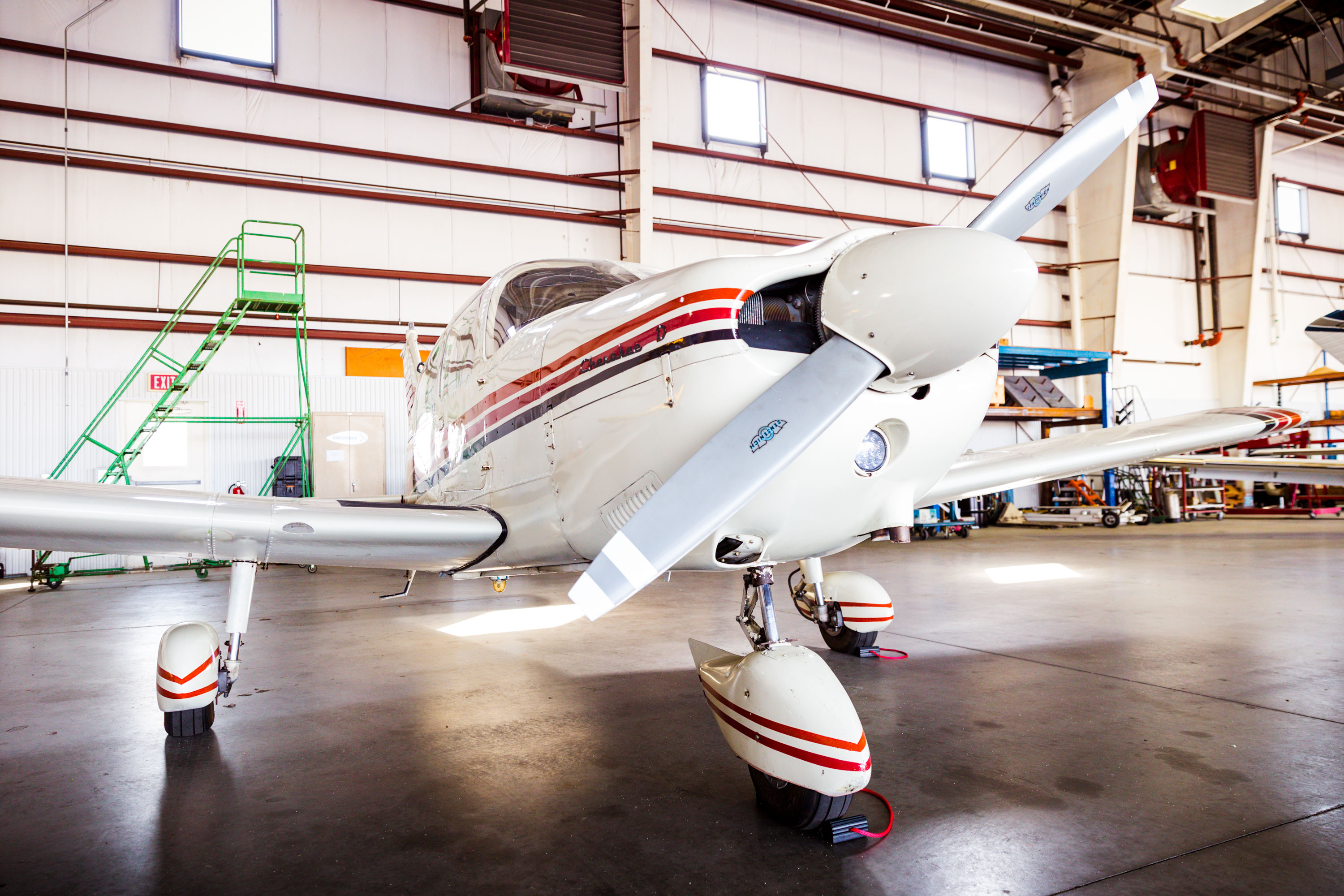
The general aviation industry has instituted a myriad of voluntary and regulatory changes to harden the community against threats from terrorism.
- The Airport Watch Program encourages pilots at general aviation airports to report suspicious activity to a toll-free number staffed 24 hours a day by TSA operations staff.
- The aircraft manufacturing and sales community has procedures to report suspicious financial transactions during the purchase or sale of an aircraft.
- The flight-training industry complies with strict government standards that screen non-US citizens seeking flight training in the United States.
- The FAA issues tamper-proof licenses for pilots, flight instructors, air traffic controllers and maintenance technicians.
- The nation’s law enforcement agencies cross-check the FAA’s airman and aircraft registries against known terrorist and criminal databases.
- Chartered business aircraft weighing over 12,500 pounds must comply with TSA mandated security procedures similar to those of the scheduled airlines.
- TSA’s Aviation Security Advisory Committee, consisting of government and industry security experts, develops best practices and recommendations to strengthen security at general aviation airports.
NBAA’s Security Council has developed a resource to provide operators with an overview of best practices for business aviation security. NBAA members are urged to review and implement these guidelines to help ensure the best possible security for aircraft both at and away from home base.


 International Business Aviation Council Ltd.
International Business Aviation Council Ltd.